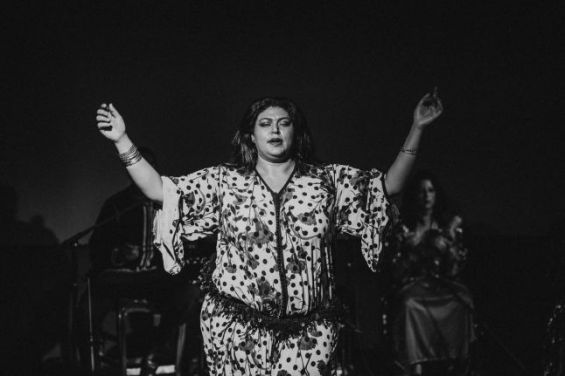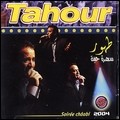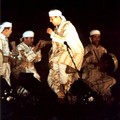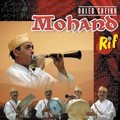Warda is a performer and teaching artist of Algerian and Moroccan dance styles. Raised in Bayridge, Brooklyn, a predominately Maghrebi and Middle Eastern immigrant neighborhood; Warda has always felt very connected to her North African roots. «Anyone from Brooklyn will tell you living in Bayridge is like living in North Africa».
Growing up, Warda traveled between Brooklyn and Algeria because her mother was insistent that she have a relationship with her culture, language, and family. She graduated with a degree in Political Science and Women's Studies from the City College of New York and was involved in traditional social justice activism throughout her college years.
After graduating from university, Warda «decided to take (her) activism to a cultural domain» and worked at an Arab-American center and later as a coordinator for Afro-Caribbean non-profits.
Interestingly, Warda ignored her talent for dance despite her passion for it. «I internalized that North African dance wasn't a ‘real’ dance and that I shouldn't dance that way in front of my father, or in public. There was shame tied around dance and my body».
As a result, Warda only began dancing at the age of 12 when she was visiting Algeria and away from her father, who was still in Brooklyn. To this day, Warda has never danced in front of him.
Finding identity in dancing
Warda soon became «the dancer» in her family and was invited to dance at weddings, gatherings, and celebrations. She soon discovered the Palm Beach neighborhood in Algiers, «a public space where men and women were dancing openly on the sand which is easy to view from the boardwalk».
 San Francsico, USA Photo by Annie Mecchi
San Francsico, USA Photo by Annie Mecchi
«My mother hated this place. She never wanted me to dance there, but I still did. I used to get into a lot of trouble when I did. That is also where it was reinforced that dance is shameful», she recalled.
As for when she decided to dance as a profession, Warda says, «the idea came to [her] during a dream». «One day, I walked to a community center and asked if I could teach dance there. I decided to start teaching free and donation-based dance classes in Brooklyn for about 1-2 years just to see if I had what it takes. People received me well. I knew I had something special».
Promoting traditional dance is essential to the dancer because «tt's non-commercial and women-centered. It accepts the human body how it is. Also, a lot of these dance traditions are disappearing slowly but surely».
«Dancing North African dances is a fight for survival, a fight for our right to exist, a fight to take up space. It's to preserve our cultures that deserve value and respect. I have been dancing traditional Algerian and Moroccan dance styles for years now, but I never viewed it as ‘legitimate’ art (...) There is no ‘class’ in the dances of the people. We've neglected how powerful it is - therefore, we have neglected how powerful we are».
To Warda «we are one. Borders are concepts imposed on us that limit us». She believes «nation-states are ways to keep us loyal to a government and a false identity of nationalism. Why should I limit my African-ness to lines that the French made? My lineage is from Algeria, but I am the daughter of North Africa. Africa is for Africans. We must share with each other».
Moroccan dancing
Since 2015, Warda has visited Morocco regularly. She first came to Morocco to work in Rabat at the Association de Planification Familiale. Since then, Warda comes to Morocco «because something calls me. There are messages there for me to receive».
Warda has collaborated with Morocco's all-women ensemble, Bnat Houwariyat, which she describes as «pure alchemy». The leader of Bnat Houwariyat, Khadija El Warzazia, had become Warda's mentor, their relationship a result of «natural artistic chemistry».
 Esraa Warda and Khadija el Warzazia, Marrakech Photo by Houssien Belabbes
Esraa Warda and Khadija el Warzazia, Marrakech Photo by Houssien Belabbes
Warda expresses herself through her movement, the movements of her ancestors. And in doing so, she has managed to promote and re-assert the importance of North African culture, a culture that has been commercialized and undermined in by colonial powers.
Furthermore, she is striving to create a space for freedom of expression, especially among those communities that have historically and are presently marginalized and discriminated against. «My dancing hits a few political points - the first being, a united North Africa. I am not falling for the 'divide and conquer'».
Despite facing pushback, Warda has been blessed with a lot of positivity surrounding her dancing. The powerful messages and advocacies portrayed through dance and the connection and space for expression it has created are proof that «dance makes everyone winners».





 chargement...
chargement...













